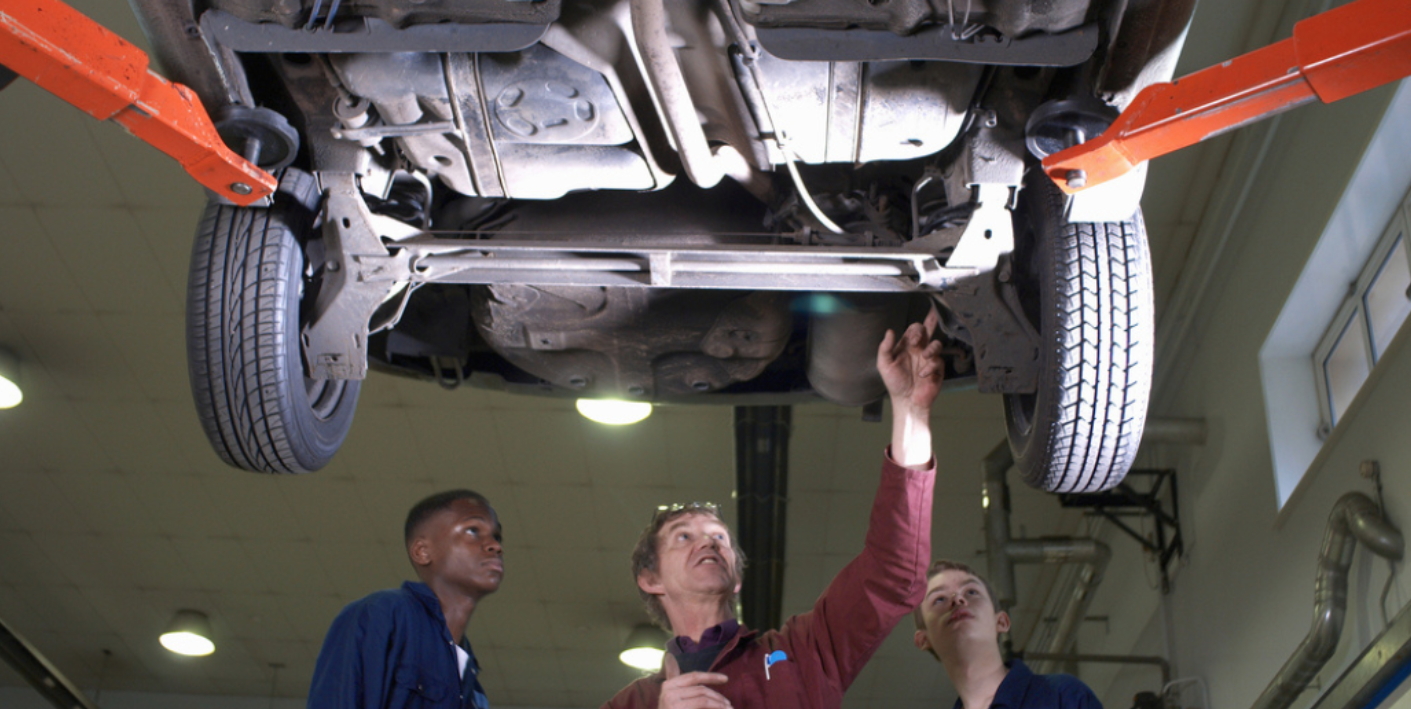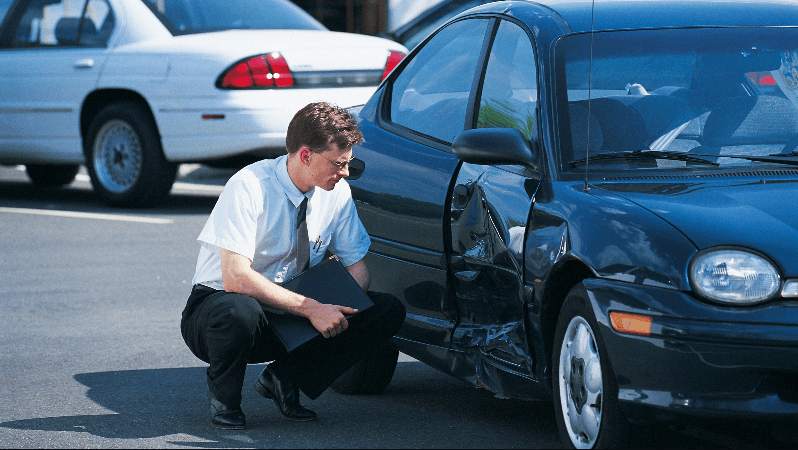Imagine your car gets into an accident and is out of commission for weeks, or worse, it’s totaled. You’re not just dealing with repair costs or the price of a new vehicle, but the frustration of being left without transportation. Fortunately, in North Carolina, you can claim loss of use damages — compensation for the time you were deprived of your vehicle.
But there’s more to loss of use claims than most people realize. In this article, we’ll explore some lesser-known details that are often overlooked.
Plus, we’ll break down key legal precedents like Roberts v. Pilot Freight Carriers, Inc. to help you understand how these claims are handled in North Carolina. Let’s dig into what you need to know to ensure you’re getting the compensation you deserve.
DOWNLOAD: “Claiming Vehicle Loss of Use Damages in North Carolina” .PDF
What is Vehicle Loss of Use?
At its core, loss of use refers to the period when you’re unable to use your vehicle due to an accident or other damage caused by someone else’s negligence.
Whether your car is in the repair shop or completely destroyed, you’re entitled to compensation for the inconvenience and costs you incur during this time.
Think of it as a way to cover your rental costs or public transportation expenses, even if you don’t actually rent a car.
Key Laws in North Carolina Regarding Loss of Use
In North Carolina, understanding the legal context around loss of use claims is vital when seeking compensation. One of the most influential rulings in this area comes from the case Roberts v. Pilot Freight Carriers, Inc., decided in 1968. This case clarified how courts approach such claims, highlighting two main scenarios:
- If the vehicle is repairable, the owner can seek damages for the time they were without the vehicle during repairs. The focus is on the period when they were deprived of its use.
- If the vehicle is a total loss or cannot be feasibly repaired, damages are awarded for the reasonable time needed to obtain a replacement. The law ensures compensation covers the disruption but doesn’t extend beyond what is necessary.
This case remains a cornerstone for how North Carolina courts handle loss of use claims, offering clear guidance on how damages should be assessed and ensuring vehicle owners are fairly compensated.
What You Might Not Know About Loss of Use in North Carolina
Many vehicle owners think loss of use only applies to the cost of renting a similar vehicle. While this is part of the calculation, the law is broader.
North Carolina courts focus on compensating you for the inconvenience of being without your vehicle, not just covering out-of-pocket expenses. You could be reimbursed even if you never rented a car, thanks to cases like Roberts.
Another misunderstanding is the time frame for claiming damages. Many people assume they can claim loss of use damages for as long as they feel inconvenienced.
However, North Carolina limits these damages to the reasonable time needed to either repair the vehicle or acquire a replacement. Courts are strict about this, so make sure your claim aligns with what’s considered “reasonable” in your specific situation.

Calculating Loss of Use Damages
Now, how exactly are these damages calculated? In most cases, courts look at the cost of renting a similar vehicle during the repair or replacement period.
For instance, if your vehicle is a standard sedan, the court will consider how much it would cost to rent a comparable sedan, rather than a luxury vehicle or SUV, unless that’s what you typically drove.
In cases where the vehicle was used for business, things get a little more nuanced. While lost profits aren’t the primary measure for personal vehicles, they can come into play for commercial vehicles where the loss of use directly impacts business operations.
In fact, as seen in Kitchen Lumber Co. v. Tallassee Power Co., 174 S.E. 427 (N.C. 1934), lost profits might be recoverable if they’re the direct result of the damage and are reasonably certain.
Ready to take the next step? Get in touch with us!
Proving Your Loss of Use Claim
To successfully claim loss of use, you’ll need to prove that the defendant’s actions caused the damage to your vehicle and that the damage deprived you of its use. Here’s a simple checklist for proving your case:
- Repair or Replacement Timeline: Document how long your car was out of service, whether it was being repaired or replaced. This timeline is crucial in calculating how long you were deprived of use.
- Vehicle Value and Condition: Show that your vehicle’s repair costs were reasonable or that it was declared a total loss, which will help determine the appropriate damages.
- Rental or Alternative Transportation Costs: If you rented a vehicle, keep those receipts. Even if you didn’t, document how the loss of use impacted you, such as increased reliance on rideshares or public transport.
- Communication with Insurance Companies: Keep records of your communication with both your insurer and the other party’s insurer. This can help in resolving disputes and speeding up the compensation process.
Can You Claim Loss of Use Without Renting a Vehicle?
The short answer is yes! As mentioned earlier, North Carolina law doesn’t require you to rent a replacement vehicle to claim loss of use damages.
Courts understand that even if you didn’t rent a car, the inconvenience of being without your vehicle is still a valid loss. This is a key point many people miss when filing claims.
Wrapping Up
In North Carolina, claiming loss of use damages for your vehicle isn’t just about recovering rental car expenses — it’s about compensating you for the time and convenience you lost while your vehicle was out of commission.
Whether your car is repairable or completely totaled, understanding your rights and taking the right steps can help you get the compensation you deserve.
With landmark cases like Roberts v. Pilot Freight Carriers, Inc., North Carolina law is clear that vehicle owners are entitled to these damages, even if they don’t rent a replacement vehicle.
So, if your car’s ever been in an accident, wouldn’t you want to make sure you’re fully compensated for the time you lost?





